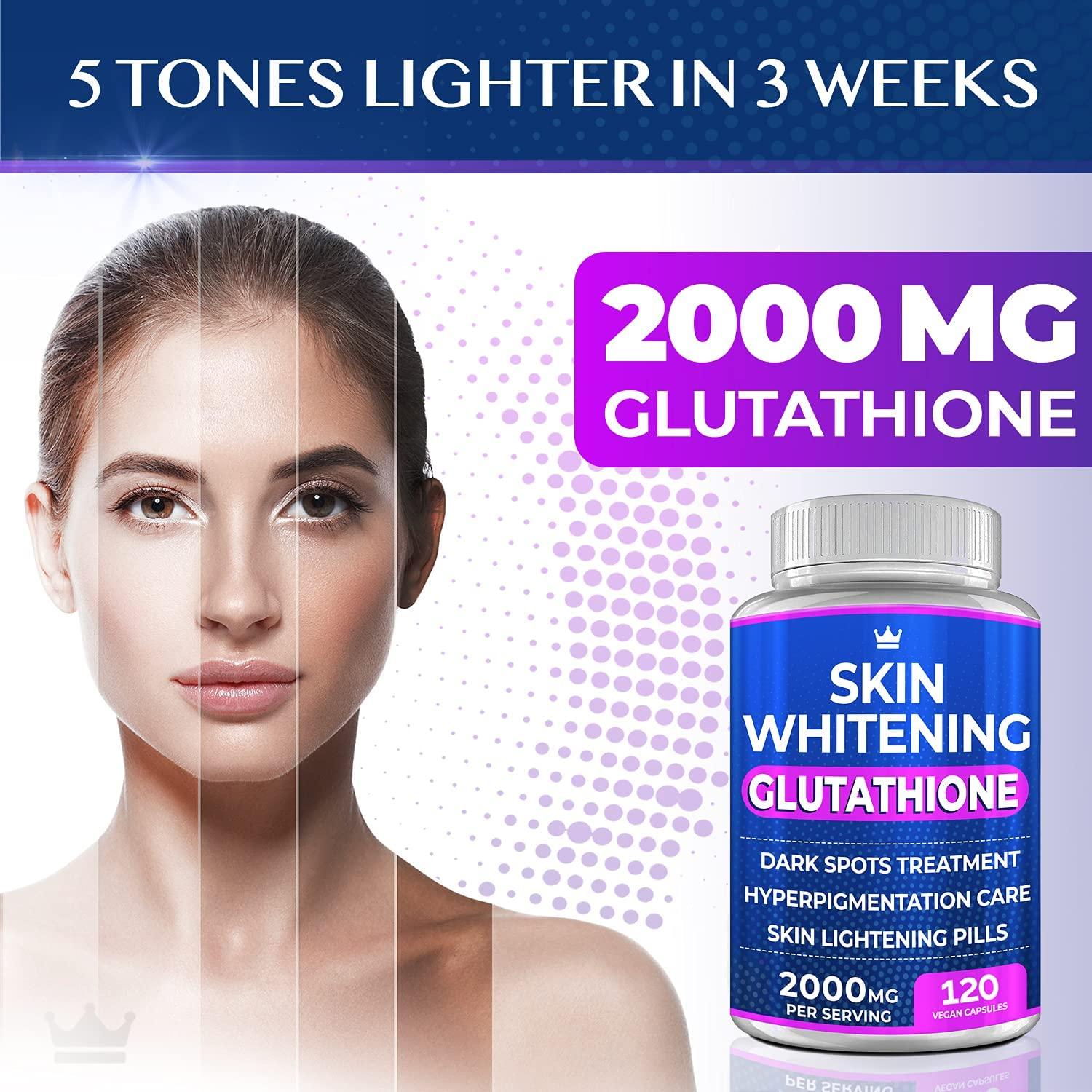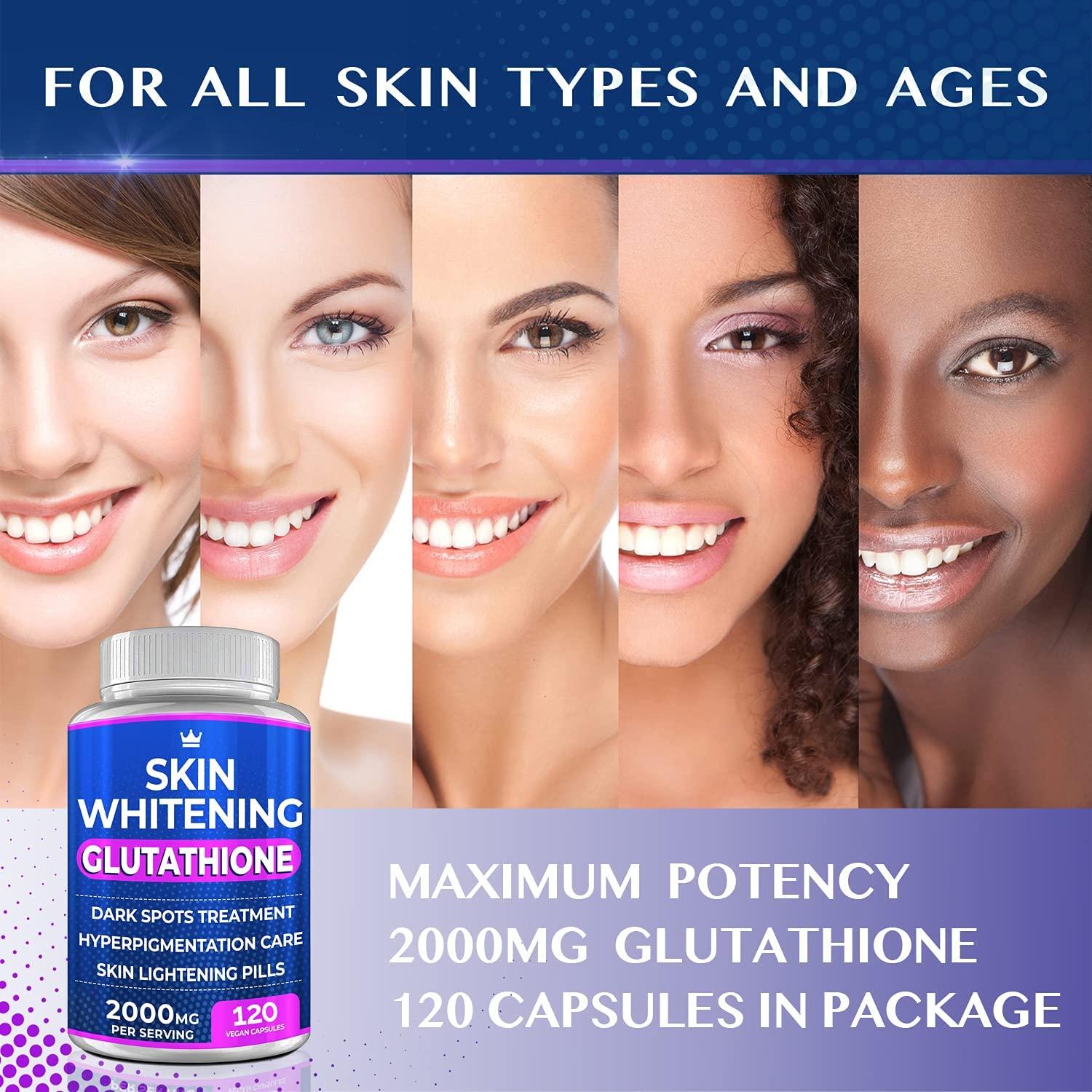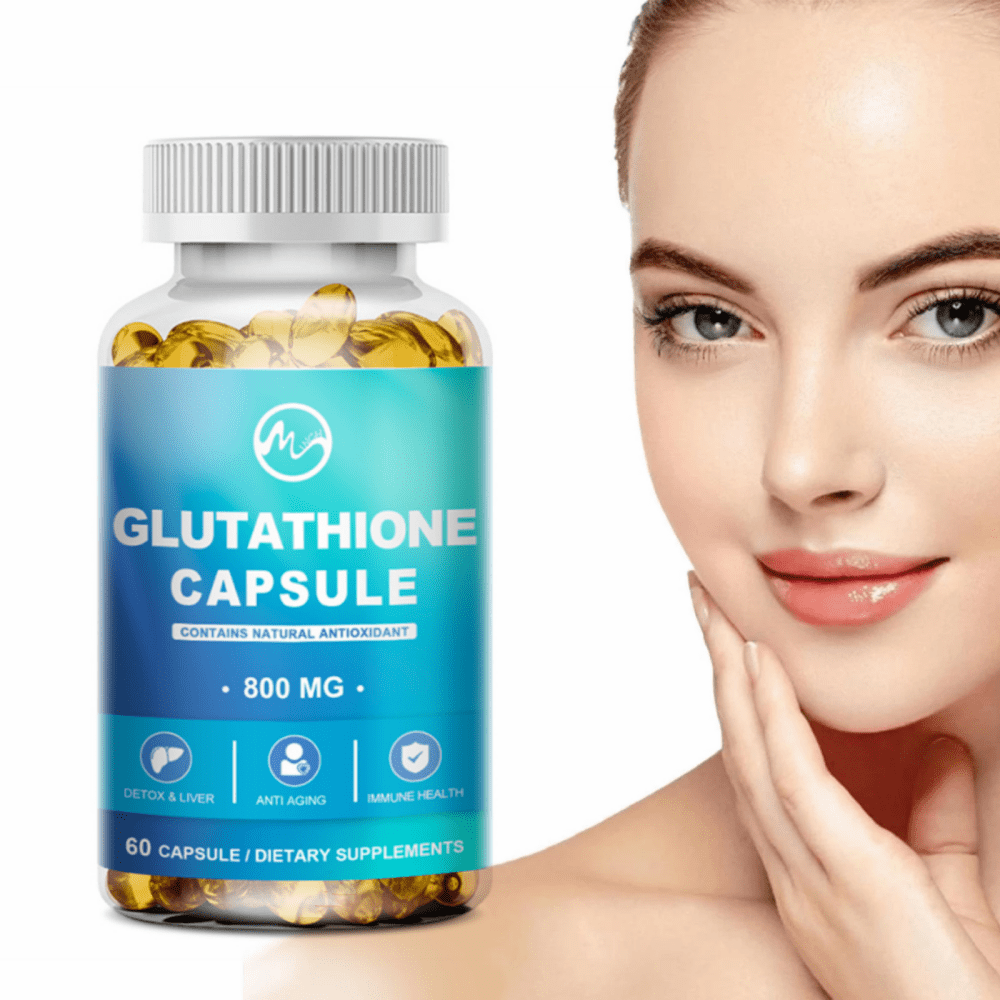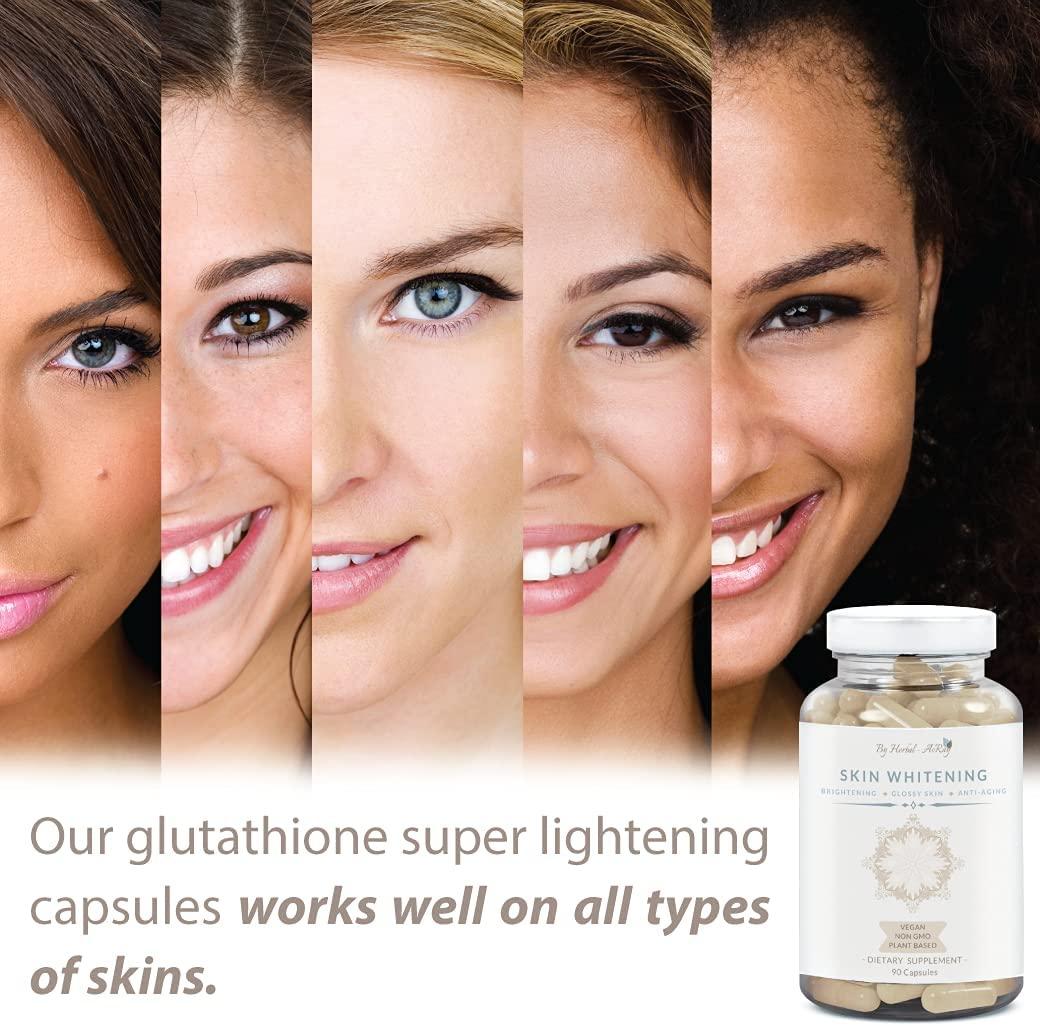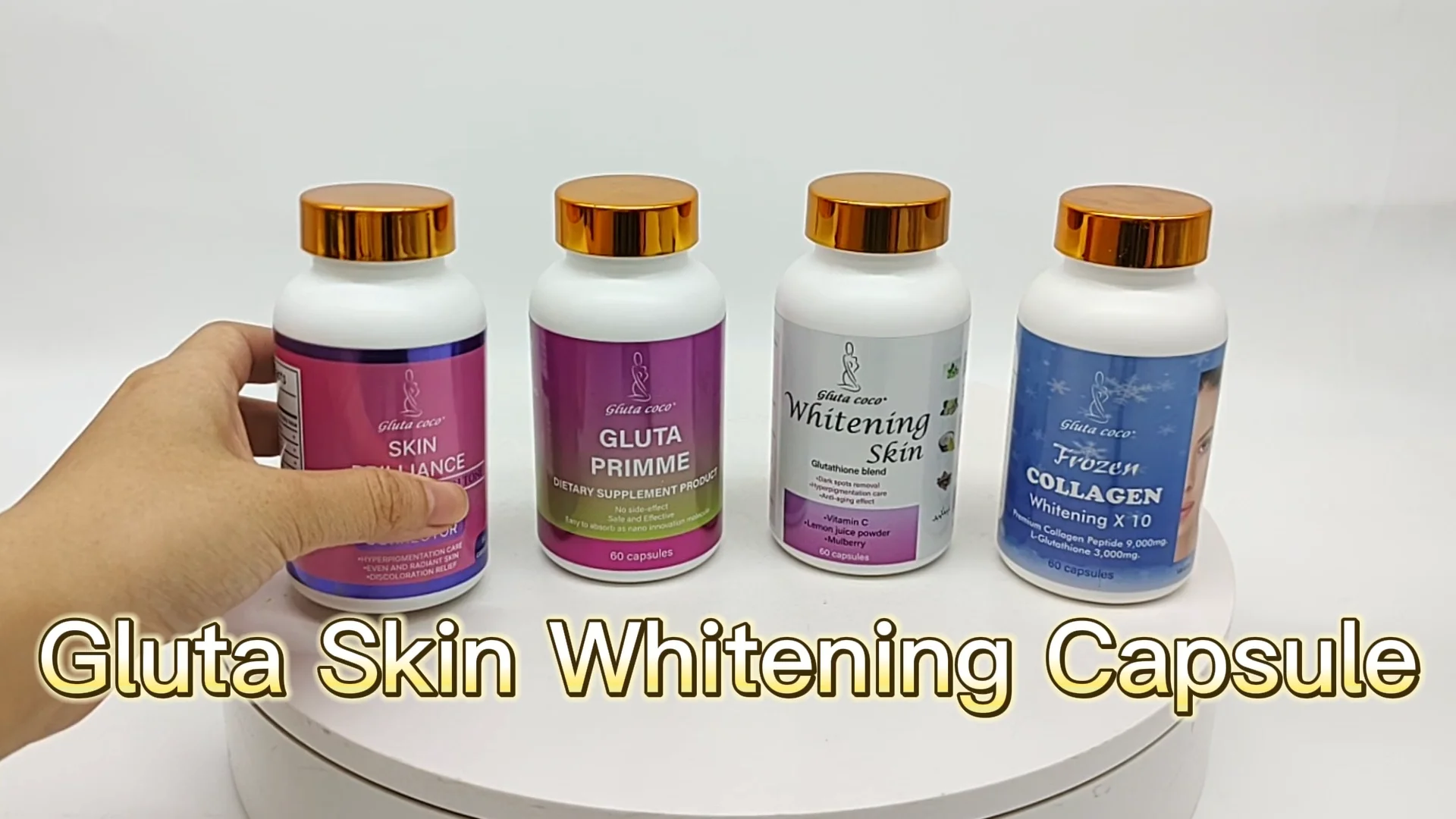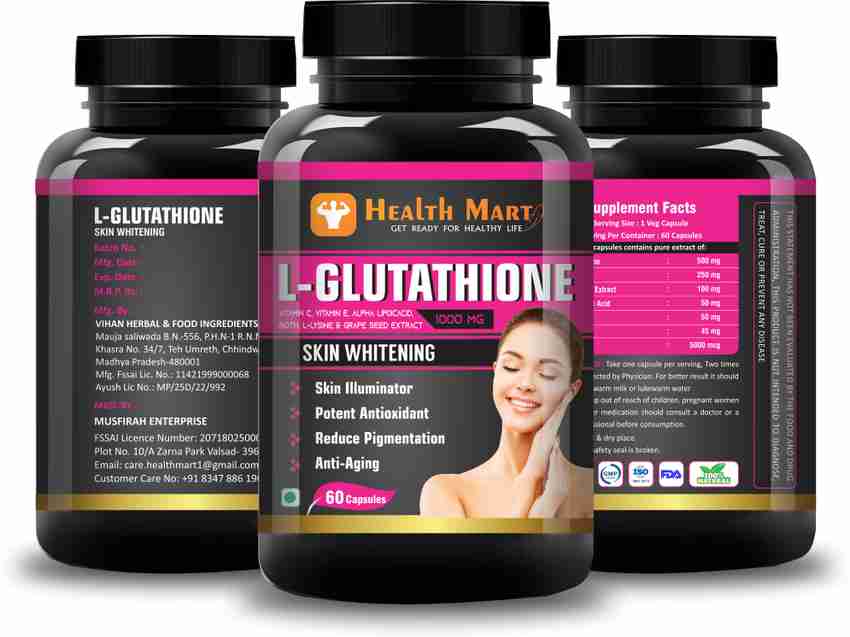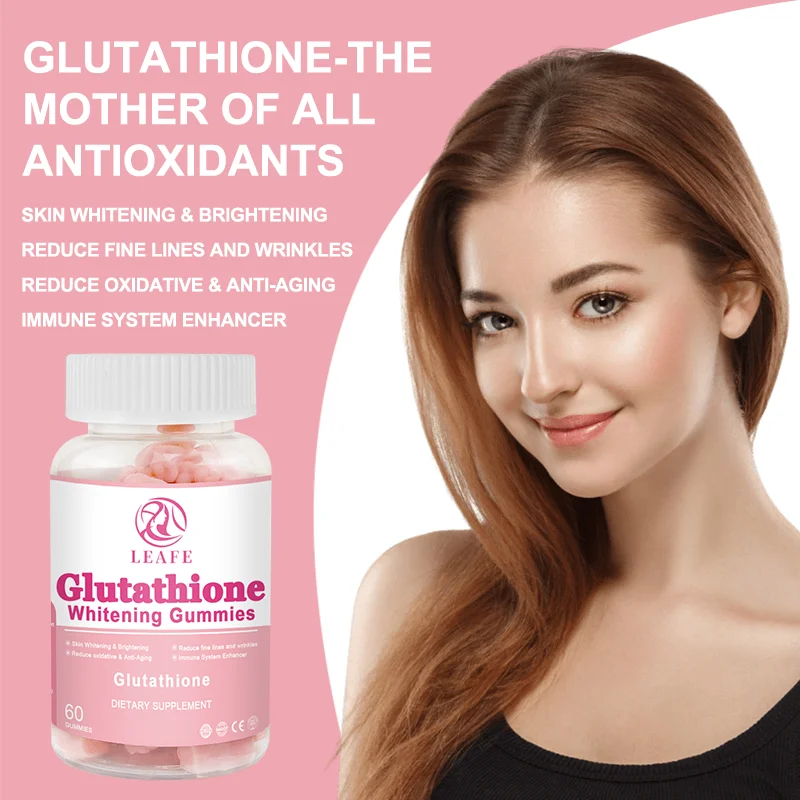Best Glutathione Supplements For Skin Whitening
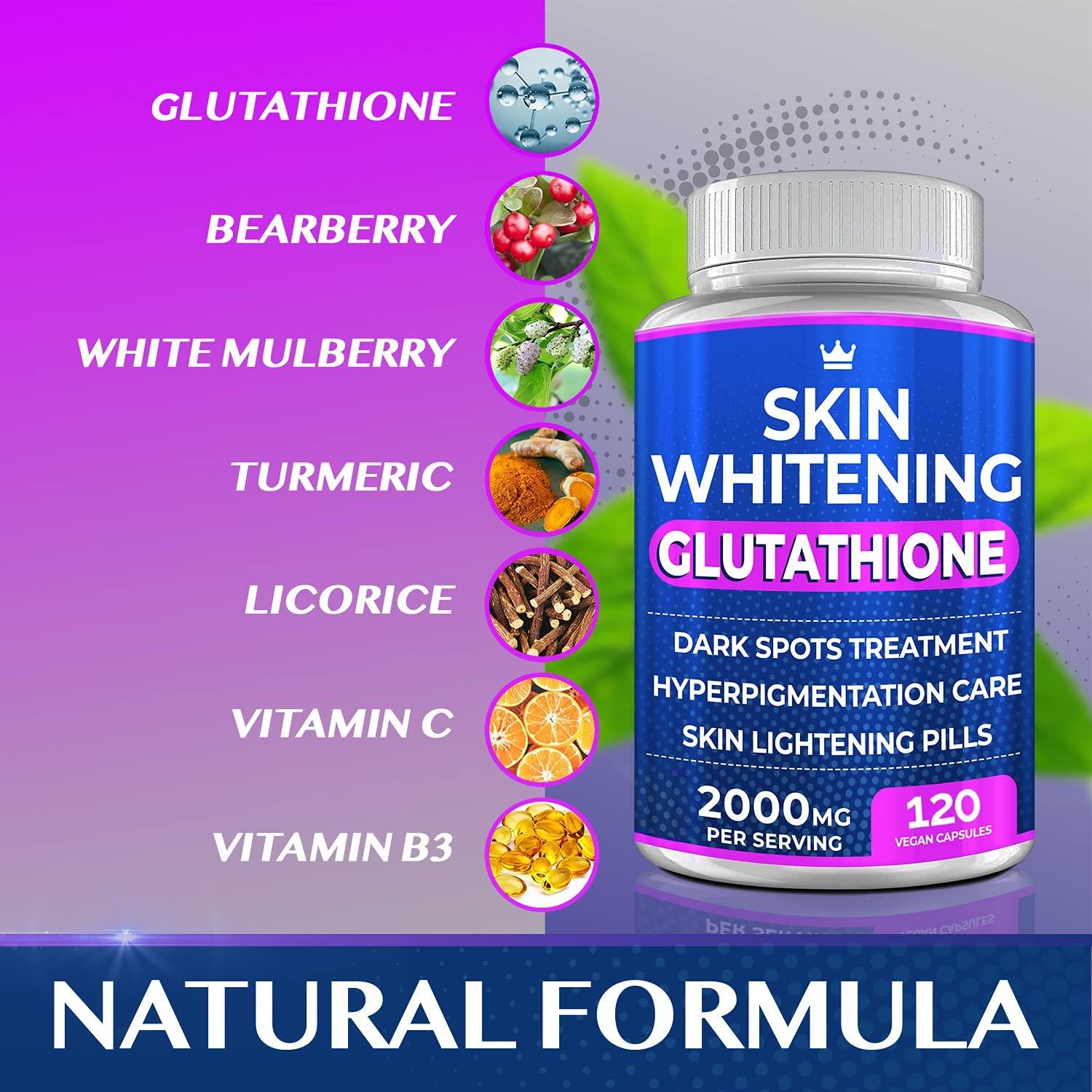
The pursuit of radiant, even-toned skin has fueled a global market for skin-lightening products, with glutathione supplements emerging as a prominent contender. However, the efficacy and safety of these supplements remain a subject of intense debate among dermatologists, researchers, and consumers alike. Claims of remarkable skin-whitening effects are often juxtaposed with concerns about potential health risks and a lack of rigorous scientific evidence.
This article delves into the world of glutathione supplements marketed for skin whitening, exploring the scientific basis behind their claims, examining the available research, and highlighting the potential benefits and risks associated with their use. It will also investigate different forms of glutathione supplements, dosages, and considerations for consumers seeking to make informed decisions.
What is Glutathione and How Does it Supposedly Lighten Skin?
Glutathione is a powerful antioxidant naturally produced in the body, playing a crucial role in detoxification and cellular protection. It is composed of three amino acids: glycine, cysteine, and glutamic acid. The theory behind its skin-lightening effect centers on its ability to inhibit melanin production.
Melanin, produced by melanocytes, is the pigment responsible for skin color. Glutathione is believed to interfere with the enzyme tyrosinase, which is essential for melanin synthesis. By reducing the activity of tyrosinase, glutathione is thought to shift melanin production from eumelanin (dark pigment) to pheomelanin (light pigment).
Forms of Glutathione Supplements: Oral, Topical, and Intravenous
Glutathione supplements are available in various forms, each with its own purported advantages and disadvantages. Oral supplements are the most widely accessible, ranging from capsules and tablets to powders and lozenges. However, the effectiveness of oral glutathione is debated due to its poor absorption in the digestive system.
Topical glutathione, found in creams and lotions, aims to deliver the antioxidant directly to the skin. The absorption rate of topical glutathione can also vary significantly depending on the formulation and penetration enhancers used. Intravenous (IV) glutathione injections are considered the most effective method for delivering glutathione directly into the bloodstream.
IV administration bypasses the digestive system, theoretically maximizing bioavailability. However, IV glutathione is typically administered in a clinical setting by a healthcare professional and carries its own set of risks, including infection and allergic reactions.
The Science Behind Skin Whitening Claims: A Critical Look at Research
While some studies have explored the potential of glutathione for skin lightening, the evidence remains limited and often inconclusive. A review published in the Journal of Clinical and Aesthetic Dermatology highlighted several studies that showed a modest skin-lightening effect with oral glutathione supplementation, but the sample sizes were small, and the study designs were not always rigorous.
Furthermore, the optimal dosage and duration of treatment required to achieve noticeable and sustained results are still unclear. Larger, well-designed, placebo-controlled studies are needed to confirm these findings and establish clear guidelines for glutathione use in skin whitening.
According to the FDA, "There are no FDA-approved injectable drugs for skin whitening or lightening." They caution against unapproved products and stress the importance of purchasing medications from legitimate sources.
Potential Risks and Side Effects of Glutathione Supplements
While glutathione is generally considered safe, particularly when produced naturally by the body, supplementation can pose potential risks. Side effects reported in some studies and anecdotal accounts include stomach upset, diarrhea, and in rare cases, kidney dysfunction.
Long-term use of high-dose glutathione supplements has been linked to potential neurological problems and reduced zinc levels. Individuals with pre-existing kidney or liver conditions should exercise caution and consult with a healthcare professional before taking glutathione supplements.
Navigating the Market: Choosing Wisely and Consulting Professionals
The market for glutathione supplements is flooded with products of varying quality and efficacy. Consumers should be wary of products that make exaggerated claims or lack proper labeling and ingredient transparency. Look for supplements that have been tested by third-party organizations for purity and potency.
Consulting with a dermatologist or qualified healthcare professional is crucial before starting any glutathione supplementation regimen. They can assess individual needs, evaluate potential risks, and provide personalized recommendations based on a thorough understanding of your health history and skin type. They can also explain alternative methods of skin health.
Beyond supplements, a holistic approach to skin health, including sun protection, a balanced diet, and proper skincare, is essential for achieving a radiant complexion. Protecting skin with sunscreen is vital.
The Future of Glutathione in Dermatology: Ongoing Research and Potential Applications
Research into glutathione's potential therapeutic applications is ongoing. Studies are exploring its role in treating various skin conditions, including hyperpigmentation, melasma, and acne. Further research is needed to fully understand the mechanisms of action and optimize the use of glutathione in dermatological treatments.
While glutathione supplements may hold promise for some individuals seeking skin lightening, it's crucial to approach them with realistic expectations and a healthy dose of skepticism. The information from organizations like the American Academy of Dermatology, and a conversation with your doctor, should be your guide.
The key lies in informed decision-making, prioritizing safety, and seeking guidance from qualified healthcare professionals. The long-term effects are not yet understood. The focus should be on a holistic approach to skin health.
